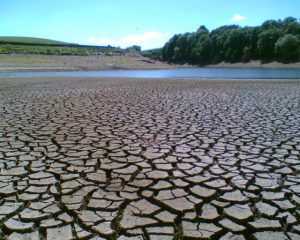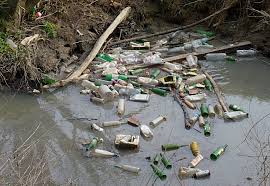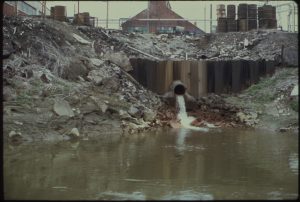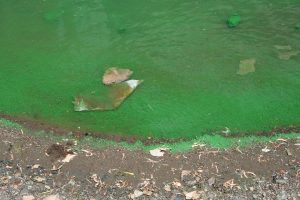 The limitation of the current approach in tackling the 21st Century water challenges often involves an apparent disconnection between the knowledge generators and knowledge implementers, as the problems and solutions are often identified in silos. The innovation process and solutions developed by the solution identifiers often do not address the root causes of the problem that have been identified by problem identifiers.
The limitation of the current approach in tackling the 21st Century water challenges often involves an apparent disconnection between the knowledge generators and knowledge implementers, as the problems and solutions are often identified in silos. The innovation process and solutions developed by the solution identifiers often do not address the root causes of the problem that have been identified by problem identifiers.
We need a change in approach and a framework that strongly connects both problem identifiers with solutions identifiers, knowledge generators and knowledge implementers while focusing on integrated solutions. Such a solutions-oriented, integrated approach can act as an antidote to the otherwise sluggish flow of evidence-based knowledge from the water sciences, to policy formulation and ultimately to application and implementation. It may help to develop ‘knowledge-to concrete action’ and find solutions through the co-production of knowledge, involving scientists and other stakeholders.
The three major barriers hindering the implementation of an innovative solution are apparent:
1. Lengthy diffusion time of innovation.
2. Lack of knowledge exchange between theory and practice.
3. Lack of implementation research to monitor and understand the effects of innovative solutions.

Lab integrates Problems with Solutions
The central goal of the Water Solutions Lab (WSL) is to establish a framework to facilitate the process of innovation in water-related issues. WSL integrates problems with solutions towards identifying a feasible set of solutions that address the root causes of the problem at the local level.
The people we bring together in our Lab will:
-
1. Identifying the root cause of the problems at local levels using a systems approach, and understanding interactions between hydrology, biogeochemical processes, infrastructure, and human dimensions of water-related
problems. As several problems are interconnected, identifying root-causes of the problems through systems-based
approaches will help to reduce the costs of solving water-related problems at local levels. It will allow systemic
problems to be addressed.
2.Providing a solution knowledge platform that showcases different solutions available at global, regional, national and local levels and is relevant to the problems identified through systems analysis.
3. Identifying feasible solutions from the solution platform that address root causes of the problems using a multistakeholder and multi-criteria analysis framework.
4. Monitoring and assessing implementation of solutions using impact analysis.
 Lab shares its Knowledge
Lab shares its Knowledge
The activities are supported by knowledge hubs, which shares knowledge and solutions, and builds the capacity
and skills of our international water management community.
The knowledge hub:
• showcases different research organisations’ expertise in water research, management, policy, and their support
for the Lab
• facilitates domestic and international collaboration through developing a network and referral service of
water solution providers, experts and institutions or countries with problems
• assists in global capacity building, training and skills development and know-how in water management
• establishes a means for easily presenting and sharing water management knowledge and information
• provides a portal for participants worldwide to discuss, review and share information to create and apply new
knowledge and improve practices.
 Currently, a co-design process is undergoing to establish such a Water Solutions Lab knowledge hub based at Indian Institute of Science (IISc), Bangalore. It is a collaborative forum (involving many partners including Federation of Indian Chambers of Commerce and Industry (FICCI)) for addressing water-sector challenges in India, with emphasis on challenges facing the city of Bangalore. The Solutions Lab will seek to increase access to effective solution providers in the water sector. Such a process of establishing Water Solutions Lab is also currently underway in other countries.
Currently, a co-design process is undergoing to establish such a Water Solutions Lab knowledge hub based at Indian Institute of Science (IISc), Bangalore. It is a collaborative forum (involving many partners including Federation of Indian Chambers of Commerce and Industry (FICCI)) for addressing water-sector challenges in India, with emphasis on challenges facing the city of Bangalore. The Solutions Lab will seek to increase access to effective solution providers in the water sector. Such a process of establishing Water Solutions Lab is also currently underway in other countries.
Read more about Water Solutions Lab

 Lab shares its Knowledge
Lab shares its Knowledge